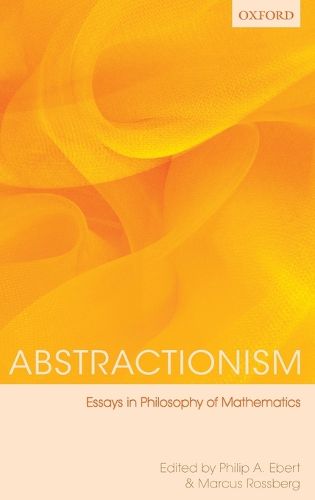Readings Newsletter
Become a Readings Member to make your shopping experience even easier.
Sign in or sign up for free!
You’re not far away from qualifying for FREE standard shipping within Australia
You’ve qualified for FREE standard shipping within Australia
The cart is loading…






Abstractionism, which is a development of Frege’s original Logicism, is a recent and much debated position in the philosophy of mathematics. This volume contains 16 original papers by leading scholars on the philosophical and mathematical aspects of Abstractionism. After an extensive editors’ introduction to the topic of abstractionism, five contributions deal with the semantics and meta-ontology of Abstractionism, as well as the so-called Caesar Problem. Four papers then discuss abstractionist epistemology, focusing on the idea of implicit definitions and non-evidential warrants (entitlements) to account for a priori mathematical knowledge. This is followed by four chapters concerning the mathematics of Abstractionism, in particular the issue of impredicativity, the Bad Company objection, and the question of abstractionist set theory. Finally, the last section of the book contains three contributions that discuss Frege’s application constraint within an abstractionist setting.
$9.00 standard shipping within Australia
FREE standard shipping within Australia for orders over $100.00
Express & International shipping calculated at checkout
Abstractionism, which is a development of Frege’s original Logicism, is a recent and much debated position in the philosophy of mathematics. This volume contains 16 original papers by leading scholars on the philosophical and mathematical aspects of Abstractionism. After an extensive editors’ introduction to the topic of abstractionism, five contributions deal with the semantics and meta-ontology of Abstractionism, as well as the so-called Caesar Problem. Four papers then discuss abstractionist epistemology, focusing on the idea of implicit definitions and non-evidential warrants (entitlements) to account for a priori mathematical knowledge. This is followed by four chapters concerning the mathematics of Abstractionism, in particular the issue of impredicativity, the Bad Company objection, and the question of abstractionist set theory. Finally, the last section of the book contains three contributions that discuss Frege’s application constraint within an abstractionist setting.